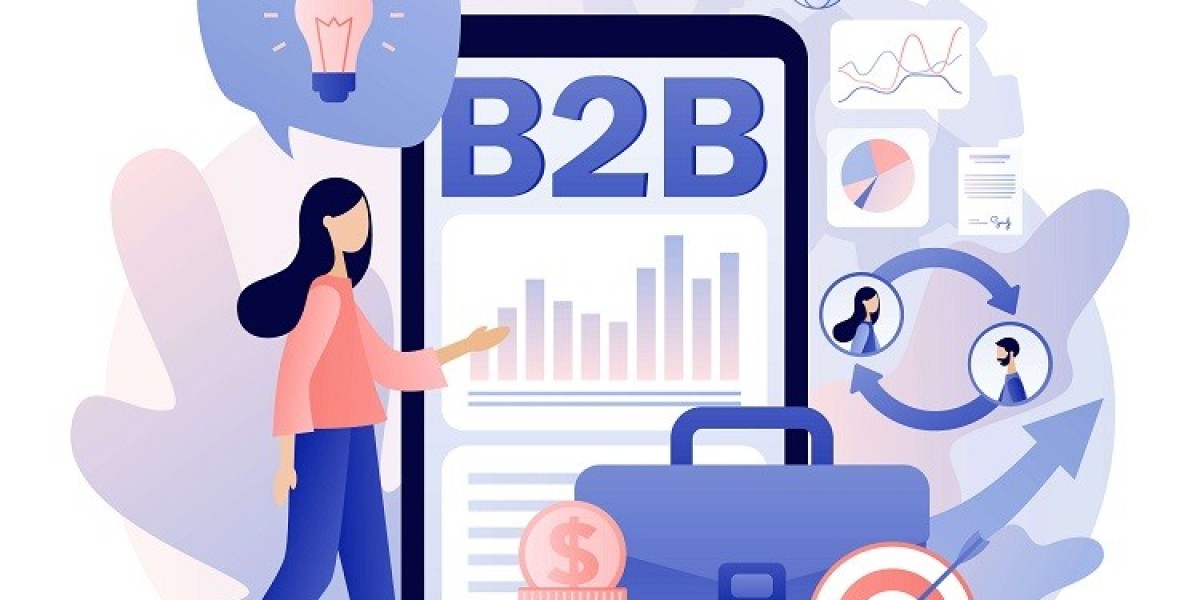In the ever-evolving landscape of business-to-business (B2B) marketing, data analytics has emerged as a game-changing tool, revolutionizing the way companies approach their marketing strategies. Leveraging data analytics in B2B marketing allows businesses to gain valuable insights, make data-driven decisions, and ultimately, enhance their overall efficiency and profitability.
Understanding the Power of Data Analytics
Data analytics enables B2B marketers to sift through vast amounts of data and extract meaningful insights. By analyzing customer behavior, preferences, and purchase patterns, businesses can identify trends and anticipate market demands. This proactive approach empowers companies to align their offerings with customer needs, thereby increasing customer satisfaction and loyalty.
Personalization and Targeted Marketing
Data analytics empowers marketers to personalize their strategies. By understanding individual customer preferences, businesses can tailor their marketing campaigns to specific segments. Personalized communication resonates better with customers, leading to higher engagement and conversion rates. Through data analytics, B2B marketers can identify the pain points of their clients and offer tailored solutions, strengthening customer relationships.
Optimizing Marketing ROI with Data Analytics
One of the significant advantages of data analytics in B2B marketing is the ability to measure the performance of marketing campaigns accurately. By tracking key performance indicators (KPIs) such as conversion rates, customer acquisition costs, and customer lifetime value, businesses can evaluate the effectiveness of their marketing efforts. This data-driven approach allows companies to allocate their marketing budget wisely, focusing on strategies that yield the highest return on investment (ROI).
Predictive Analytics for Future Success
Predictive analytics, a subset of data analytics, utilizes historical data to predict future trends and outcomes. In the context of B2B marketing, predictive analytics can forecast customer behavior and market trends. By understanding what might happen in the future, businesses can make informed decisions today. This forward-looking approach enables companies to adapt their strategies in anticipation of market changes, gaining a competitive edge.
Challenges and Considerations
While data analytics offers numerous benefits, businesses must navigate the challenges associated with data security and privacy. Safeguarding sensitive customer information is paramount to maintaining trust. B2B marketers need to invest in secure data storage, implement robust encryption protocols, and comply with data protection regulations to ensure the privacy and security of customer data.
Data Quality and Accuracy
The accuracy of insights derived from data analytics depends on the quality of the data itself. Inaccurate or incomplete data can lead to flawed conclusions and misguided decisions. B2B marketers must invest in data validation processes, ensuring the integrity and reliability of the data they analyze. Regular audits and validation checks are essential to maintain data accuracy over time.
Conclusion
In the dynamic realm of B2B marketing, data analytics stands as a cornerstone for informed decision-making and sustainable growth. By harnessing the power of data analytics, businesses can gain a competitive advantage, enhance customer satisfaction, and optimize their marketing ROI.
However, it is crucial to address challenges related to data security and accuracy to fully unlock the potential of data analytics. As technology continues to advance, embracing data analytics in B2B marketing will be indispensable, guiding businesses toward a future of strategic and data-driven marketing practices.








